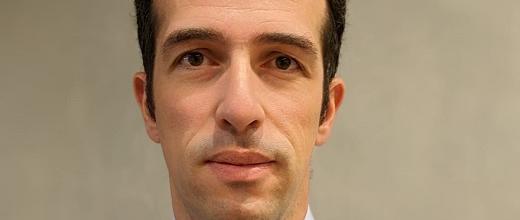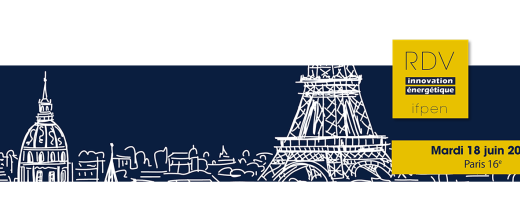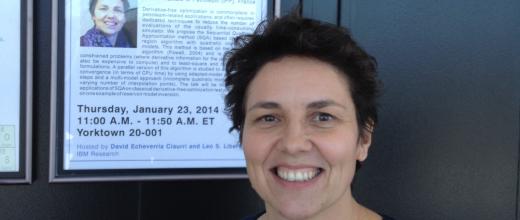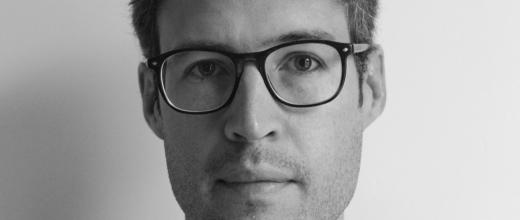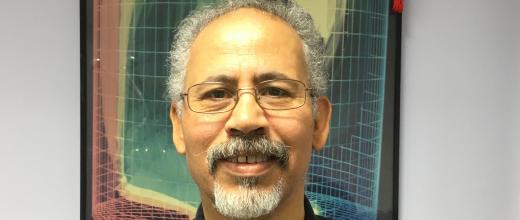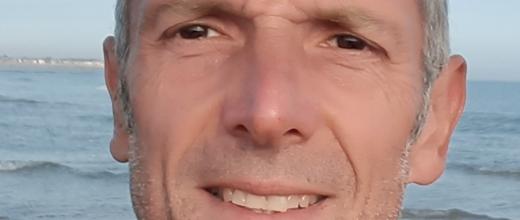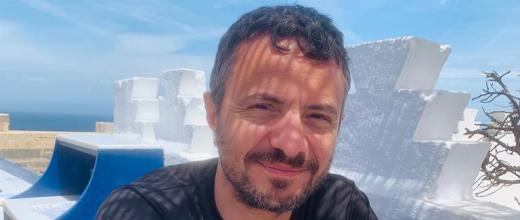La décarbonation du secteur automobile nécessite une approche favorisant la neutralité technologique, en combinant l'électrification, l'hydrogène et les bioénergies. L'électrique à batterie est considéré comme la solution optimale pour la majorité des applications, mais des défis persistent en termes d'infrastructure et de coûts. La collaboration entre les acteurs de l'industrie, de la recherche et les pouvoirs publics sera cruciale pour atteindre les objectifs de réduction des émissions.
